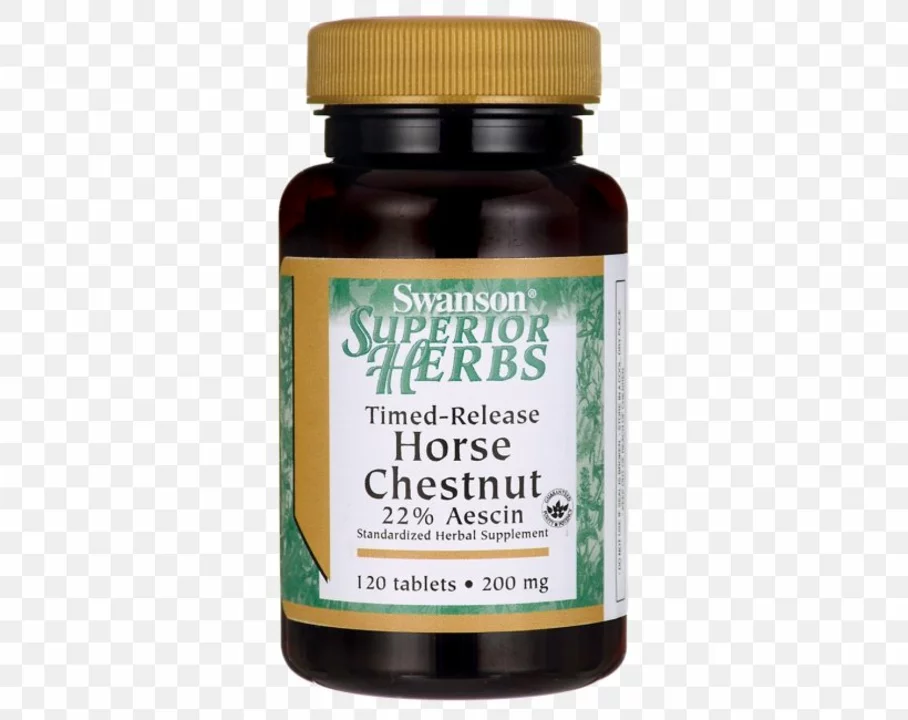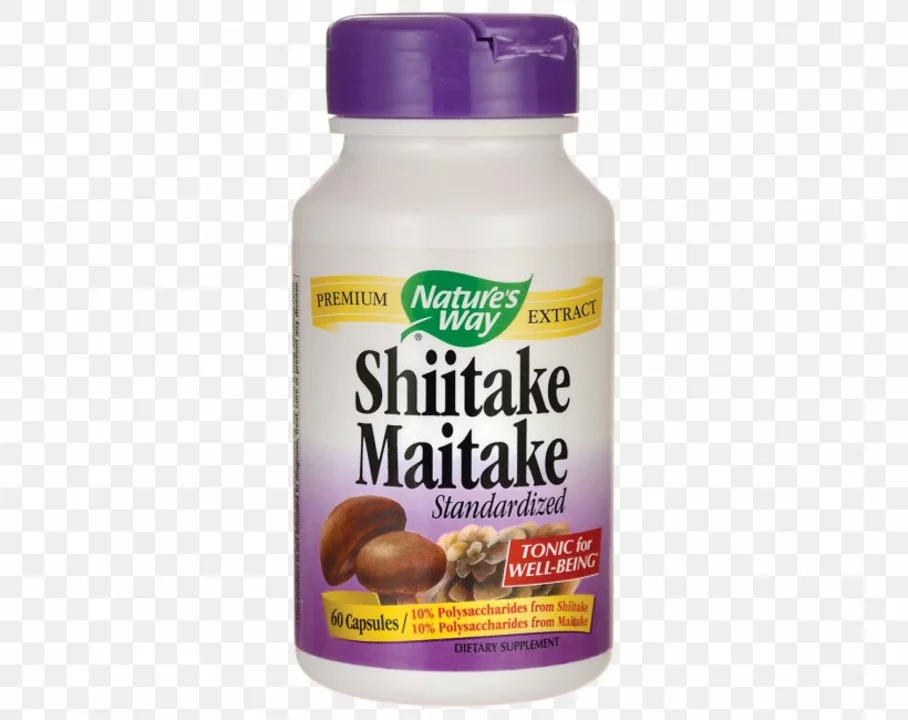Goldenseal: What It Is and Why People Use It
Goldenseal is an herb native to North America that’s shown up in folk medicine for centuries. Its main active compounds—most notably berberine—have antimicrobial and anti-inflammatory effects in lab tests. Folks take goldenseal for short-term throat or sinus infections, mild digestive issues, and skin problems. That doesn’t mean it’s a cure-all, but it’s one of the herbs people reach for when they want a natural option.
Before you try it, know this: the science is mixed. Some small clinical studies and lab work support goldenseal’s antimicrobial action, but large, high-quality human trials are limited. Think of goldenseal as a supplement with some promising effects rather than a guaranteed treatment.
What goldenseal is commonly used for
People use goldenseal in three main ways: orally, as a topical, and as a throat/sinus rinse. Orally, it’s taken for digestive complaints like mild diarrhea or to support immune response during a cold. Topically, diluted extracts are used on minor cuts or rashes for their antimicrobial properties. Some make a diluted mouth rinse for sore throats or gum irritation.
Scientific backing varies by use. Lab tests show goldenseal can inhibit bacteria and yeast and reduce inflammation. But for internal infections or serious conditions, goldenseal shouldn’t replace medical treatment. Use it as a short-term supportive measure and not as a long-term fix.
Safety, dosing and buying tips
Goldenseal can interact with medications. Berberine affects liver enzymes and drug transporters, which may change how drugs are absorbed or cleared. That matters for blood thinners, blood pressure meds, certain antibiotics, and drugs processed by CYP enzymes. If you take prescription meds, check with your clinician before using goldenseal.
Avoid goldenseal if you are pregnant or breastfeeding—there’s not enough safety data. People with low blood pressure or liver conditions should also be cautious. Side effects can include stomach upset, headaches, or allergic skin reactions when used topically.
Supplements come as capsules, tinctures, teas, and powdered root. Product quality varies. Pick brands that list standardized extracts, show berberine content, and offer third-party testing (USP, NSF, or similar). Don’t buy wild-harvested root—overharvesting has put goldenseal at risk in the wild. Look for sustainably grown or cultivated sources.
Start with short-term use and follow label directions. If you notice new symptoms, stop and talk to a healthcare provider. Want to try goldenseal with other natural supports? Ask your clinician about safe combos—some herbs and supplements can interact or intensify effects.
If you’re curious about alternatives or related supplements—like berberine from other plants, echinacea, or probiotic support—this site has guides comparing options and safety notes. Use goldenseal thoughtfully and check with a professional when in doubt.
- Colin Hurd
- May, 29 2023
- 15 Comments
The Magic of Goldenseal: How This Dietary Supplement Can Enhance Your Health and Well-being
I recently discovered the magic of Goldenseal, a dietary supplement that has truly enhanced my health and well-being. This powerful herb has a variety of benefits, from boosting the immune system to aiding in digestion, and even helping with skin issues. It's amazing how such a small addition to my daily routine has made a significant impact on my overall wellness. I can't believe I hadn't tried Goldenseal sooner, and I'm excited to continue reaping its benefits. If you're looking to improve your health, I highly recommend giving Goldenseal a try!
- Colin Hurd
- May, 19 2023
- 18 Comments
Experience the Wonders of Goldenseal: A Comprehensive Guide to This Powerful Dietary Supplement
I recently discovered the incredible benefits of Goldenseal, a powerful dietary supplement that has truly amazed me. It's a natural herb known for its numerous health benefits, particularly its immune-boosting and anti-inflammatory properties. In my comprehensive guide, I delve into the various uses of Goldenseal, from treating colds and allergies to improving digestion. I also share helpful tips on how to incorporate this wonder herb into your daily routine. Trust me, you don't want to miss out on the wonders of Goldenseal!


